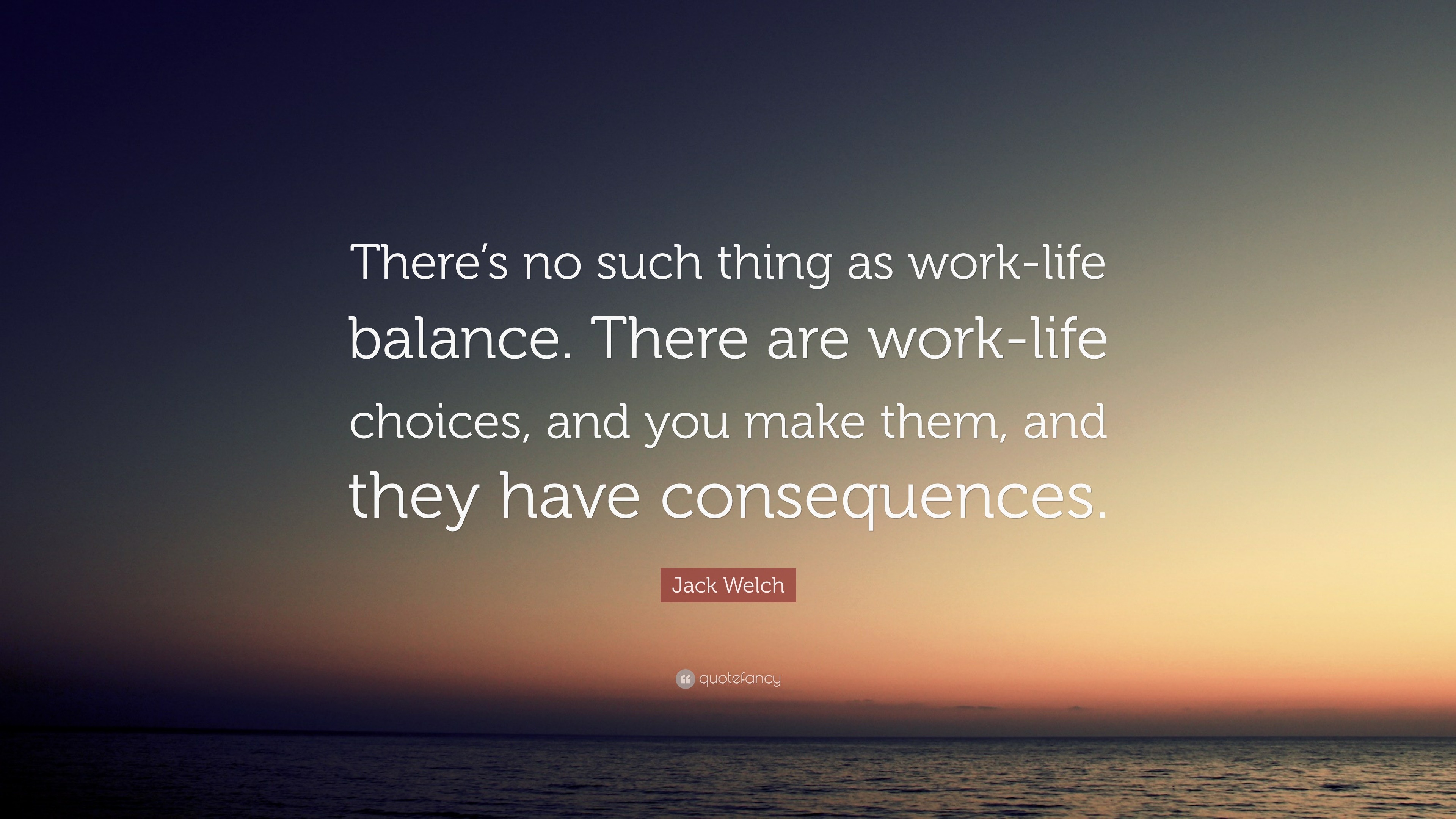


found an association between work-life conflict and suboptimal self-reported health among working women than men. In a longitudinal study among working adults in Sweden, Leineweber et al. For example, some previous studies found a positive relationship between work-life conflict and poor self-reported health among working women than men, while other studies suggest similar outcomes between men and women. However, work-life conflict and health outcomes may differ by gender due to the unequal distribution of work-related roles. Work-life conflict among employees is known to be related with many health problems, including poor physical health, poor-self reported health, psychological distress, poor mental health and life dissatisfaction. Work-life conflict may arise when there is a role conflict in the satisfaction of work and family life, and failure to achieve a ‘balance’ between these domains may have an adverse effect on working adults’ health. The Evidence further suggests that time allocated by men to housework activities has increased over time, while female participation in the labour market has also increased over the years. This phenomenon has partly been attributed to an increase in the involvement of women in the labour force and the rising involvement of men in performing housework, including child care and family chores. A recent study on work-life conflict among employees in Europe revealed a work-life ‘imbalance’ among employees in Europe. Some scholars suggest that higher demands from household activities make it difficult to balance work and family life. These situations may create role conflict, which can affect the level of involvement in their work, family and social life.

With the limited 24 h’ time resource available in a day, working adults may be confronted with many challenges, including deadlines to meet targets, financial obligations, and pressing family responsibilities. The changing patterns of work over the years have had a significant constraint on both the family and the social life of working adults. The results demonstrate the need for governments, organizations and policymakers to provide conducive working conditions and social policies for working adults to deal with competing demands from work and family activities. This study provides evidence of some variations in the association between work-life conflict and poor self-reported health among men and women across welfare states regimes in Europe. Although the associations were more consistent among men than women in the Conservative welfare states regime, we found higher associations for women than men in the Southern, Nordic, Liberal, and Central Eastern European welfare states. The association was found to be weaker in the Nordic and Southern welfare states than the Liberal, Conservative, and Central Eastern European welfare states. Furthermore, we found variations in the relationship between work-life conflict and poor self-reported health between welfare states regimes. The results showed a strong association between work-life conflict and poor self-reported health among working adults in Europe (aOR = 2.07 95% CI: 1.93–2.23). We further used a 2 stage multi-level logistic regression to assess variations in self-reported health among welfare state regimes by gender. Multivariate logistic regression models were used to examine the associations between work-life balance and self-reported health among men and women. Methodsĭata from the 6th European Working Conditions Survey 2015 on 32,275 working adults from 30 countries in Europe were analysed. This study investigated the relationship between work-life conflict and self-reported health among working adults in contemporary welfare countries in Europe. Moreover, failure to achieve a ‘balance’ between these domains of life may have an adverse effect on their health.

The pressing demands of work over the years have had a significant constraint on the family and social life of working adults.


 0 kommentar(er)
0 kommentar(er)
